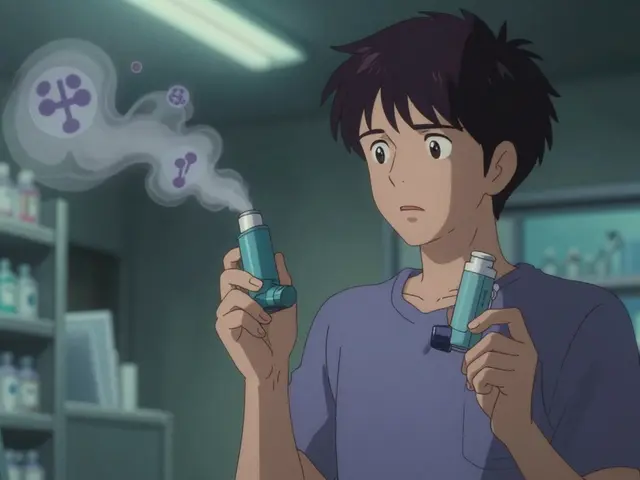Psilocybin is a natural compound found in certain mushrooms, often called magic mushrooms. People have used it for centuries, mainly for spiritual and recreational reasons. Recently, it’s gaining attention for potential benefits in mental health, like easing depression or anxiety.
When you take psilocybin, it interacts with your brain’s receptors, leading to altered perception, enhanced emotions, and deep thought patterns. These effects usually start within 30 to 60 minutes and last about 4 to 6 hours.
Safety is key. If you’re considering psilocybin, start with a low dose and be in a calm, familiar environment. Having a trusted person around helps if things feel overwhelming. Avoid mixing it with other substances or if you have personal or family history of psychosis.
Keep in mind that psilocybin remains illegal in many places, so it’s important to know your local laws before getting involved. Regardless, research from studies in controlled settings is showing promise for using psilocybin to treat conditions like PTSD, depression, and addiction.
Recent clinical trials have found that controlled doses of psilocybin can provide lasting relief from depression in some patients when combined with therapy. It’s thought to help “reset” certain brain networks, allowing people to break free from negative thought loops.
That said, psilocybin isn’t a magic cure-all. It still requires professional guidance, proper setting, and a clear intention for best results. For now, it’s mostly studied under medical supervision rather than casual use.
Curious about psilocybin? Keep an eye on new research and always prioritize safety and legality. This compound is opening new doors in mental health, and understanding it well can help you make smarter decisions.
Psilocybin, a natural compound found in certain mushrooms, is showing promising results in the realm of mental health treatment. This article explores the potential benefits of psilocybin therapy, highlighting its impact on anxiety, depression, and PTSD. It also delves into current research, safety considerations, and the future of psilocybin in clinical settings. With mental health challenges on the rise, understanding new treatment avenues is crucial.
